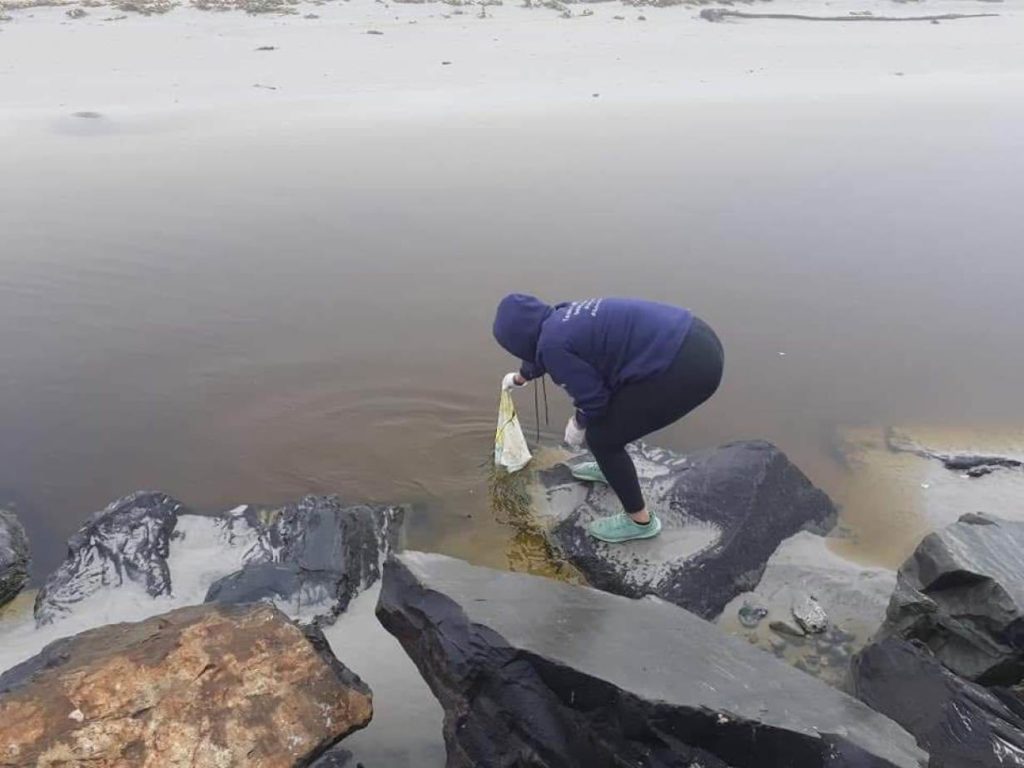Cape Town-based teen Zoe Prinsloo is doing everything in her power to ensure that climate change does not worsen South Africa’s inequality. Describing the phenomenon as “climate apartheid”, the teen’s main concern is the affordability and accessibility of adequate housing, water, food and safety.
Perils first began seriously taking note of Cape Town’s inequality when she noticed that the city’s wealthy were able to simply purchase water, while the less fortunate had to one up at springs and other free water sources during the devastating drought.
Speaking to the Thomson Reuters Foundation, the 17-year-old said that that experience in particular was a big driver for her into environmental activism. Since 2018 the teen has been involved in beach clean-ups and the sale of green products.
“During the drought, the rich were able to afford their own boreholes and big jojo (storage) tanks and… buy spring water from the shops. The poor couldn’t do that,” Prinsloo said at the the U.N. Youth Climate Summit in New York last month. “It’s an awful reality of life that we need to find solutions for.”
The World Bank named South Africa the world’s most unequal country. Here, it is reported that 10% of the richest control 71% of country’s wealth, while the bottom 60% own only 7%.
Prinsloo became aware of environmental pollution and climate change when she was a girl guide, and now volunteers as the media liaison for the African Climate Alliance in Cape Town, a youth-led group that promotes the tackle global warming.
In 2018, she officially launched her own business called “Save a Fishie”, which sells straws, notebooks, pens and cleaning buds made of natural and recycled materials.
She has sold thousands of products, and puts the money back into expanding her business as well as boosting the size and reach of her beach clean-ups.
Picture: Thomas Reuters Foundation

